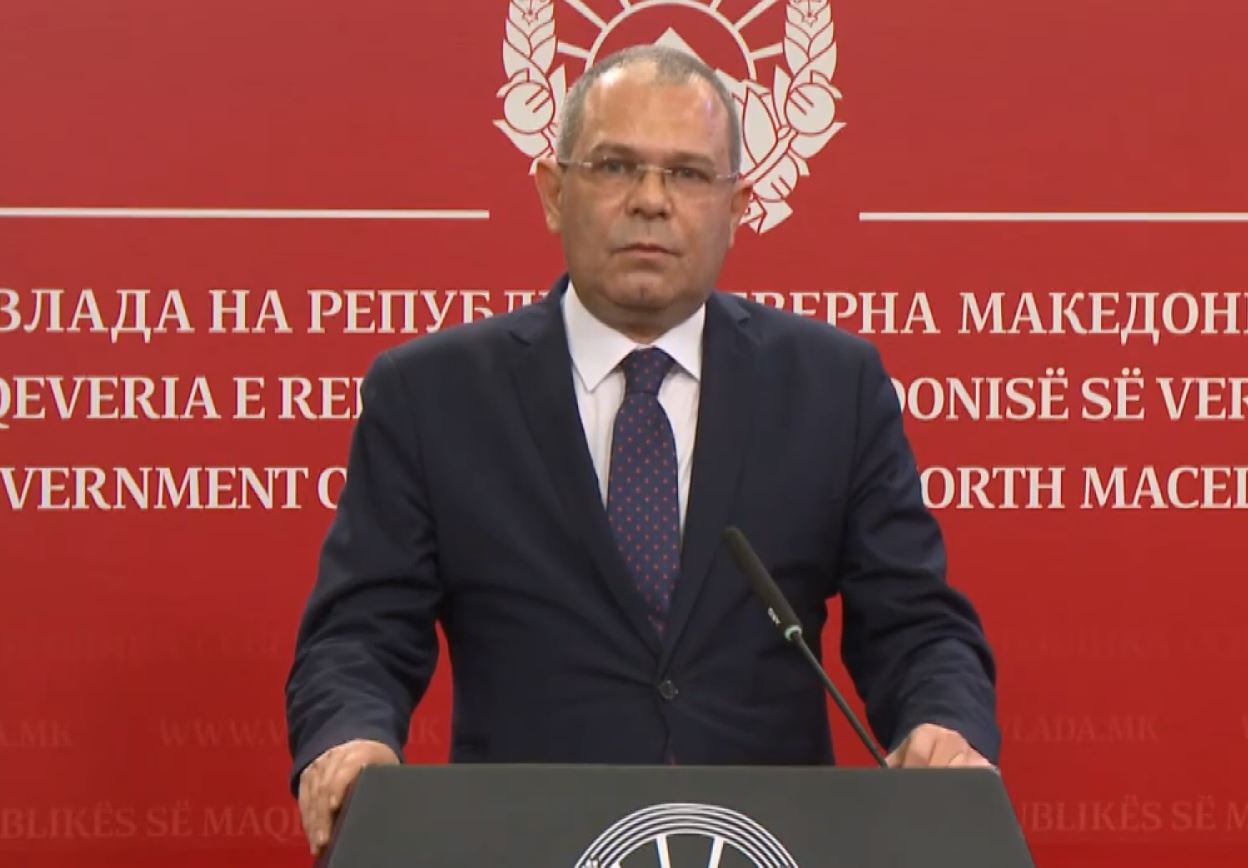
Osmani, “The reliability of the metal cutting tools on the bases on method of consumation”, The 13th International DAAAM Simposium, Vienna, 2002.Ġ8. Qehaja, “Kualiteti, riparimi dhe mirëmbajtja e pajisjeve elektrike në amvisëri në funksion të kursimit të energjisë elektrike”, konferenca e I-rë ndërkombëtare e IEME-së, Prishtinë, 2002.Ġ7. Qehaja, “Shpenzimet e përpunimit gjatë regjimeve optimale të prerjes”, Makineria-Revistë shkencore për teori dhe praktikë në makineri, viti III, nr.

Qehaja, Z.Krasniqi, “Produktiviteti i punës në vartësi të llojit dhe cilësisë së instrumentit metalprerës”, Makineria, revistë shkencore për teori dhe praktikë në makineri, viti II nr.1, Prishtinë, 1998.Ġ5. Z.Krasniqi, N.Qehaja, “Bilanci energjetik i procesit të prerjes”, Makineria-Revistë shkencore për teori dhe praktikë në makineri, viti II, nr.1 Prishtinë, 1998.Ġ4. Qehaja, “Besueshmëria e instrumenteve metalprerëse në procesin e eksploatimit”, Makineria, Revistë shkencore për teori dhe praktikë në makineri, Viti I, Nr. Qehaja, N., “Zavisnost reznih alata i produktivnost rada u procesu eksploatacije”, Punim i magjistraturës, Zagreb,1989.Ġ2. dr., Universiteti Prishtinës, Fakulteti i Inxhinierisë Mekanike, Departmenti i Prodhimtarisë dhe Automatizimit, Inxhinieri Industriale dhe Menaxhment, 2018.Ġ1. Asoc., Universiteti Prishtinës, Fakulteti i Inxhinierisë Mekanike, Departmenti i Prodhimtarisë dhe Automatizimit, 2011.ĥ.

Asistent, Universiteti Prishtinës, Fakulteti i Inxhinierisë Mekanike, Departmenti i Prodhimtarisë dhe Automatizimit e Komunikacionit, 2007-2011.Ĥ. Ligjerues, Universiteti Prishtinës, Fakulteti i Inxhinierisë Mekanike, Departmenti i Prodhimtarisë dhe Automatizimit, 1993-2006.ģ. Asistent, Universiteti Prishtinës, Faculteti i Inxhinierisë Mekanike, Departmenti i Prodhimtarisë dhe Automatizimit, 1981-1992.Ģ. Universiteti Prishtinës, Fakulteti i Inxhinierisë Mekanike, Departmenti i Prodhimtarisë dhe Automatizimit, Teza e Doktoratës, Prishtinë, 2006.ġ. University of Vienna, “Institut fϋr Handhabungsgeräte und Robotertechnik” – Tehnische Universität Wien, specializim në fushën e makinave CNC (Computer Numerical Control), prill/maj 2004.Ħ. Sveućilište u Zagrebu, Fakultet Strojarstva i Brodogradnje, Magisterij, Zagreb, 1989.ĥ. Universiteti i Prishtinës, Fakulteti i Inxhinierisë Mekanike, Drejtimi i Prodhimtarisë, Diplomë,1980.Ĥ. Shkolla e mesme: Qendra teknike “19 Nëntori ” – Prishtinë, 1975.ģ. Shkolla filore : “ 1 Maji ”- Rogocicë, 1971.Ģ.


Kaywords: intercultural communication, mass media, global media, CNN, Al Jazeera, Charlie Hebdo.Date dhe vendi i lindjes: –Rogaçicë, Kamenicë, Kosovëġ. This encourages the creation of a public image for different countries or cultures, but also encourages the creation of various stereotypes that develops barriers to intercultural communications. The paper aims to describe the role of the media in the era of globalization, at a time of increasing intercultural communication on the one hand and increasing intercultural intolerance on the other, and to identify cases in which the media with global reach have different coverage for the same events. Also today, the media seem more rigid, more panic-stimulatory when covering developments affecting different cultures. This has made the media message to be more sensitive, and added the need for media social responsibility and journalism ethics. Cases of recent clashes in the world have caused media to be seen as being positioned based on the way of media coverage of a particular intercultural event. Depending on the choices of these statements, the public, who receives the message, reacts or creates a certain image to a particular country or culture. They broadcast statements by political officials addressed to other countries or cultures. Media plays an important role in the development of intercultural communication in the era of globalization.


 0 kommentar(er)
0 kommentar(er)
